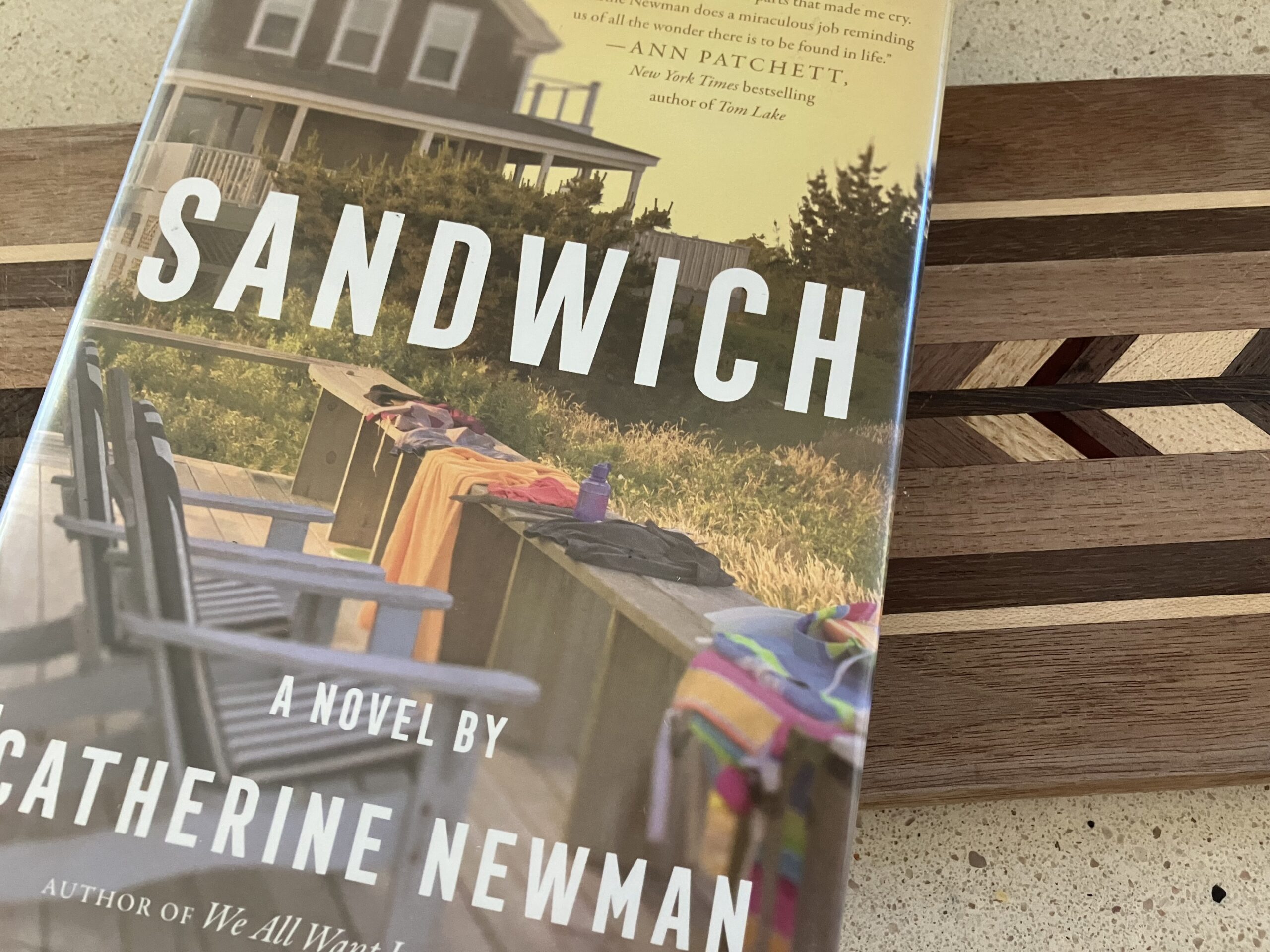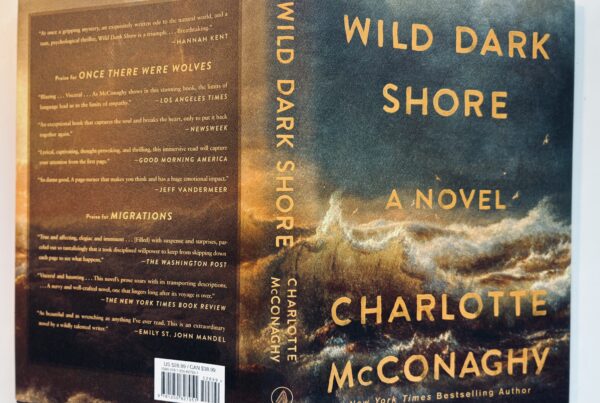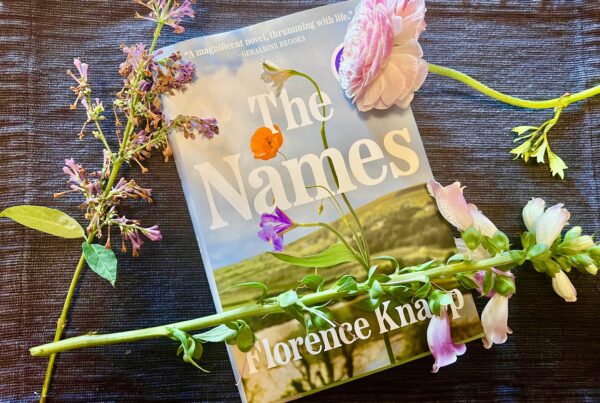I’ve been listening to “The Circle Game” lately. As a teenager I was pre-nostalgic before I really had anything to remember, and this Joni Mitchell song was one of a dozen loaded onto a mixtape.
Later, I played it on nights driving my sons home from synagogue until they grew old enough to notice my self-conscious memory making. I played it on piano, accompanying my younger son on clarinet, during an eighth-grade graduation on a soccer field. And today, on a walk around a foggy reservoir in the hills of L.A., I realized that my kids are now 16 (“cartwheels turn to car wheels through the town”) and 20 (“There’ll be new dreams, maybe better dreams, and plenty”).
All this to say that, although my husband and I are not fully empty nesting yet, I’m prone to sentimental reminiscence – and so Catherine Newman’s novel Sandwich hit at exactly the right time, as I imagine it will for many. As her protagonist observes: “Life is a seesaw, and I’m standing dead center, still in balance: living kids on one side, living parents on the other…Don’t move a muscle, I think. But I will, of course. You have to.”
If this line makes you want to stand stock still too, I suggest you grab Sandwich and head to the beach. If a beach is not convenient, find a poolside chaise, or – heck – just lie on your bed, cancel all your plans, and visit Cape Cod with Newman’s characters Rachel (nicknamed Rocky), Nicky, and their two young adult children.
The story is simple, confined to seven days in the same beach house where Rocky’s family has spent a week each summer for two decades. Her son’s girlfriend is there too, and her parents arrive later in the week – an opportunity for many comic interludes, such as their “strict two-night policy. If they traveled 60 million miles to visit you on Mars, they’d bring Zabar’s whitefish salad in a cooler bag and they’d stay two nights. Also, they’d complain about the traffic, the parking.” Mine too, except it was tuna salad.
Rocky feels shook by long-ago secrets that, if not seismic enough to break up her marriage, cause faults and aftershocks – and keep us reading to see how they ripple across the family. Throughout, she layers 20 years of cottage memories over the vitality of these beautiful adults in front of her now, in ways familiar to every parent: “This candy store! The kids used to vibrate with excitement if you even mentioned it. It’s almost painful, the way little children just trustingly hold out their hearts for you to look at.”
The plot of this short novel will pull you through, but the raging, ragged and almost devil-may-care insights about marriage, middle age, and parenting kept me riveted.
By the end, despite Rocky’s desire for the week to be just right, down to egg salad sandwiches on the last day, she and we have arrived at some resolution: “So much of privileged adulthood seems to take place here, in the space between the soaring highs and the killing disasters. It’s just plain life, beautiful in its familiar subtlety, its decency and dailiness. Nick is never going to sing me a climactic aria. I will not be scoured clean by his anger and forgiveness. It’s up to me now, to unravel this rope I’ve twisted together from shame and guilt and rage and sadness.”
And it’s up to those of us whose children are charting their own independent lives, those of us whose parents are ailing but may not want our help as much as we want to give it, to figure out what to do when people need us less, differently, or not at all.
To remember that, as much as we might try to forestall future pain, we cannot “create loss to preempt loss because it doesn’t work that way. So you might as well love as much as you can. And as recklessly. Like it’s your last resort, because it is,” as Rocky believes.
You might as well show up. Be it awkward or messy or painful. Tell your children you love them even when they say it’s cringe. And make the sandwiches, on a counter swept clean of crumbs.




